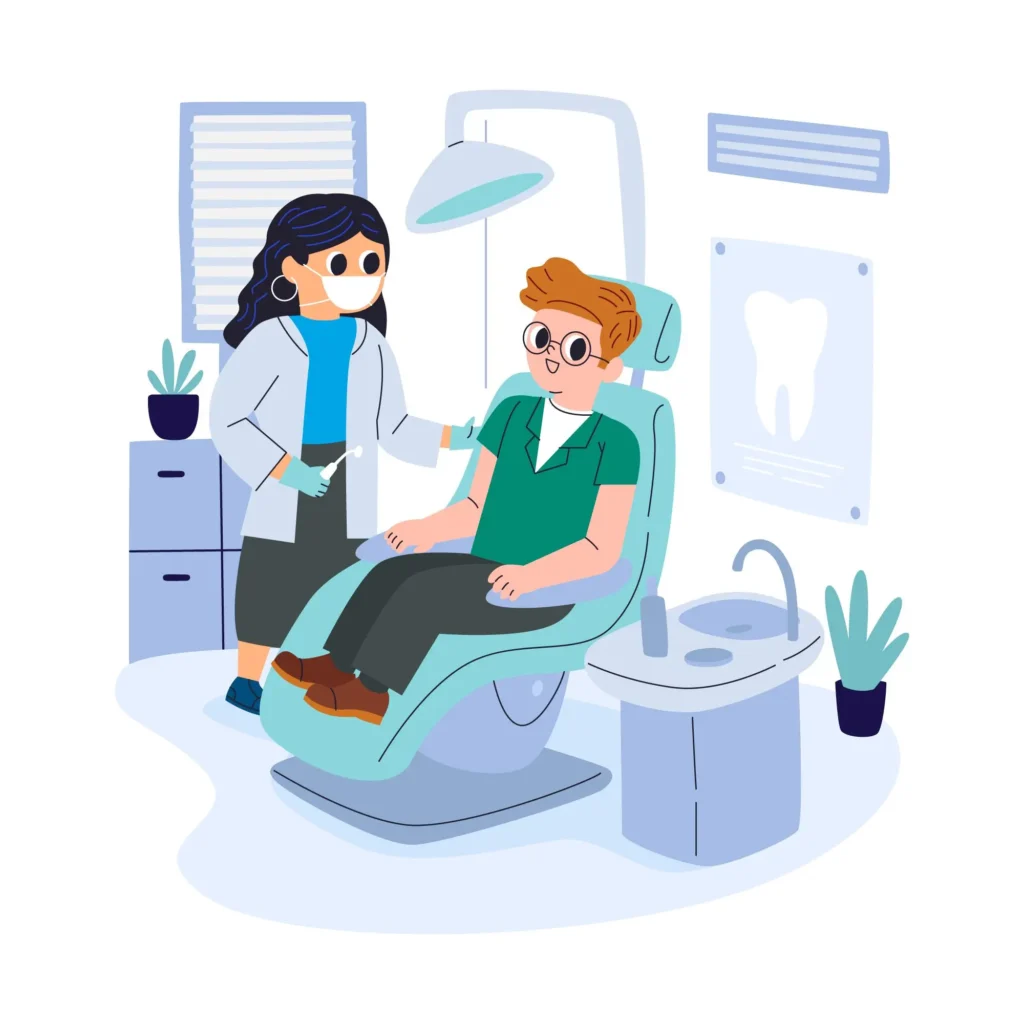Understanding Dental Hygienist Salary: Factors, Trends, and Career Insights
In the realm of healthcare professions, dental hygienists play a crucial role in ensuring oral health and hygiene for patients. Beyond their clinical responsibilities, one of the significant considerations for individuals pursuing this career path is the salary potential. This article delves into the intricacies of dental hygienist salaries, exploring various factors that influence earnings, current trends in compensation, and valuable career insights for aspiring and current professionals in the field.
Table of Contents

1. Introduction to Dental Hygienist Profession
Before delving into the specifics of salaries, it’s essential to understand the role and responsibilities of a dental hygienist. Dental hygienists work closely with dentists to provide preventative oral care to patients. Their tasks typically include:
- Routine Cleanings: Scaling and polishing teeth to remove plaque, tartar, and stains.
- Patient Education: Advising patients on oral hygiene practices and care routines.
- Assessment: Examining gums, teeth, and oral tissues for signs of disease or abnormalities.
- X-Rays: Taking and developing dental x-rays to assist in diagnosis.
- Treatment Support: Assisting dentists during procedures such as fillings or extractions.
Dental hygienists play a vital role in maintaining oral health, which is integral to overall well-being. Their work not only helps prevent dental diseases but also contributes to early detection and treatment of oral health issues.
2. Factors Influencing Dental Hygienist Salary
Several factors influence the salary range for dental hygienists. Understanding these factors can provide insights into potential earning capabilities and career progression opportunities.
a. Geographic Location:
- Cost of Living: Salaries often correlate with the cost of living in a particular region. Urban areas or states with higher costs of living generally offer higher salaries to compensate.
- Demand: Areas with higher demand for dental services may offer higher salaries to attract and retain qualified dental hygienists.
b. Experience and Education:
- Experience: As with many professions, dental hygienists with more experience typically command higher salaries. Experienced hygienists may also have opportunities for leadership roles or specialization.
- Education: Advanced degrees or certifications in specialized areas such as periodontics or pediatric dentistry can lead to higher earning potential.
c. Type of Employer:
- Private Practice vs. Public Health: Salaries can vary based on whether a dental hygienist works in a private dental office, public health clinic, or another healthcare setting.
- Corporate Dentistry: Some large corporate dental chains may offer competitive salaries and benefits to attract skilled hygienists.
d. Additional Certifications:
- Specialized Training: Certifications in areas such as local anesthesia administration or laser therapy can enhance a hygienist’s skill set and increase earning potential.
- Continuing Education: Staying updated with the latest advancements in dental hygiene through continuing education can also contribute to career advancement and higher salaries.
3. Current Trends in Dental Hygienist Salary
To provide a clearer picture of what dental hygienists can expect in terms of salary, let’s examine current trends based on recent data and industry reports.
a. Average Salary Range:
- According to the U.S. Bureau of Labor Statistics (BLS), the median annual wage for dental hygienists was $77,090 as of May 2020.
- The lowest 10 percent earned less than $53,130, while the highest 10 percent earned more than $103,340.
b. Industry Variances:
- Salaries can vary significantly depending on the industry. For instance, dental hygienists employed by offices of dentists earned a median wage of $77,090, while those working in outpatient care centers earned $81,220.
c. Regional Variances:
- Geographic location plays a crucial role in salary discrepancies. States like California, Washington, and Oregon tend to offer higher salaries for dental hygienists compared to national averages.
d. Impact of COVID-19:
- The COVID-19 pandemic has affected healthcare professions, including dental hygienists. Temporary closures of dental offices and changes in patient volumes may have impacted earnings in certain regions.
4. Career Insights and Advancement Opportunities
For individuals considering a career as a dental hygienist or looking to advance within the field, here are some valuable insights and opportunities to consider:
a. Career Advancement:
- Specialization: Pursuing certifications in specialized areas such as orthodontics or dental implants can open up higher-paying opportunities.
- Leadership Roles: Experienced hygienists may transition into roles such as dental hygiene educators, clinical supervisors, or office managers.
b. Continuing Education:
- Professional Development: Staying updated with advances in dental technology and techniques through continuing education is crucial for career growth and salary enhancement.
- Networking: Building professional networks within the dental community can provide access to job opportunities and career advice.
c. Job Satisfaction and Work-Life Balance:
- Dental hygienists often report high levels of job satisfaction due to the meaningful impact of their work on patients’ health.
- Flexible work schedules and the option to work part-time are attractive benefits for many dental hygienists seeking a balance between work and personal life.
5. Conclusion for Dental Hygienist Salary
In conclusion, while salary is an important consideration for anyone entering or currently working in the dental hygiene profession, it is influenced by various factors such as location, experience, industry, and additional certifications. Understanding these factors can help dental hygienists make informed decisions about their career paths and potential earning capabilities. As the healthcare landscape evolves, opportunities for career advancement and salary growth in dental hygiene continue to expand, making it a promising field for those passionate about oral health and patient care.
For individuals aspiring to become dental hygienists or looking to advance their careers, staying informed about industry trends, pursuing continuing education, and leveraging networking opportunities can contribute to long-term success and satisfaction in this rewarding profession.
